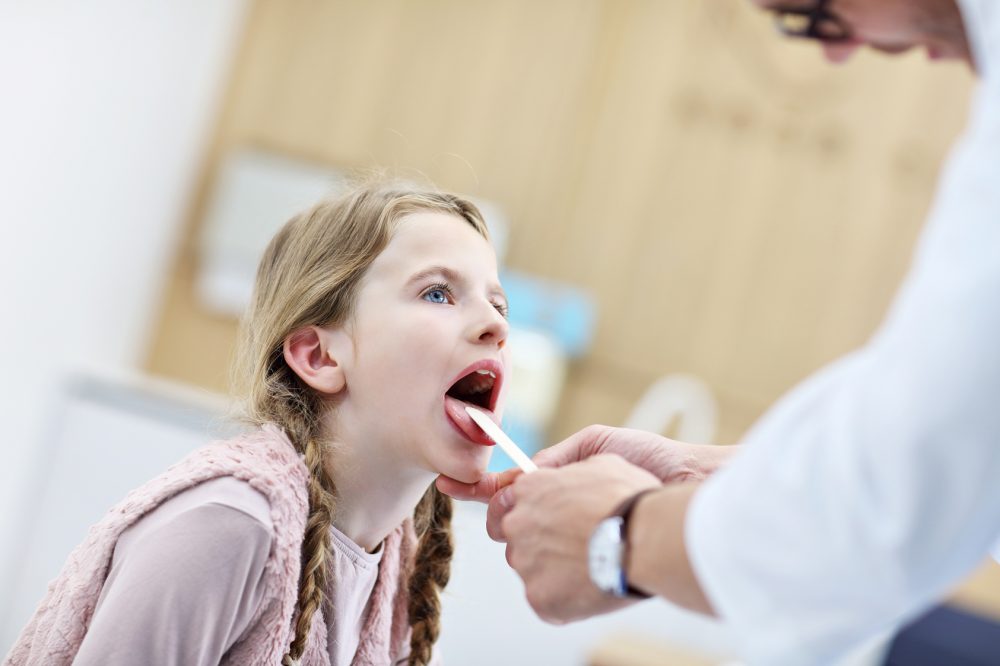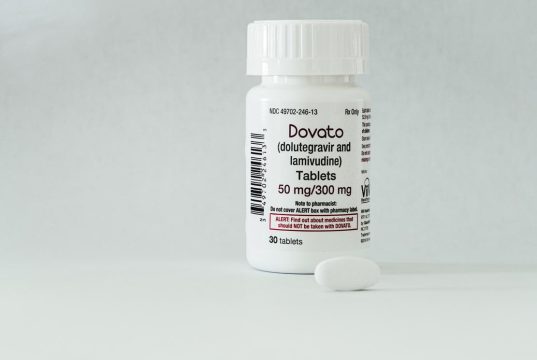Advertisment
Does strep throat lead to the development of tics?

A new study has found no link between a strep throat infection and the development of tics in children who have a parent or sibling with a chronic tic disorder. The research is published in the February 2, 2022, online issue of Neurology®, the medical journal of the American Academy of Neurology.
Tics are repetitive movements and vocalizations prompted by an urge to produce them. They are the defining feature of chronic tic disorders like Tourette syndrome, a neurodevelopmental disorder that begins in childhood.
“There has been much debate about whether the bacteria that causes strep throat, group A streptococcus, plays a role in the development of tic disorders, with previous research providing mixed results,” said study author Anette Eleonore Schrag, MD, PhD, of University College London in the United Kingdom. “Our research looked at a population of children at a higher risk of developing tics due to having a first-degree relative with a tic disorder and did not find an association between exposure to strep and the development of tics.”
The study involved 259 children, age three to 10, who did not have tics but who had a parent or sibling diagnosed with a chronic tic disorder. These children were tested for strep infection at the start and throughout the study, detected through throat swabs, blood tests to detect antibodies that indicate a strep infection, or a combination of these tests.
The participants were followed for an average of 1.6 years, with alternating medical evaluations either in person or over the phone every two months. Parents also kept a weekly diary and were told to report any possible sign of tics in their child as soon as possible. Tic onset was defined as the occurrence of a sudden, involuntary movement or vocalization on three or more days within a three-week period, which was always confirmed on examination.
Over the course of the study, 61 children, or 24%, developed tics.
Researchers compared the frequency of tic disorders in children who had strep and those who did not and found no association between having had a strep infection and the development of tics. After adjusting for age, sex and parental education level, there was still no association.
When researchers followed up with the participants two years after the study ended, seven more children had developed tics, but researchers still found no association between tics and strep.
Independent of strep, researchers found a strong association of sex and the onset of tics, with girls having a 60% lower risk of developing tics than boys, which is similar to the findings of previous studies.
Schrag said, “Future studies are needed to investigate whether pathogens other than strep, or other factors that affect the immune system, play a specific role in the development of tics.”
A limitation of the study is that participants were enrolled at multiple study centers across Europe, rather than at one site, which may have resulted in small inconsistencies in assessment of participants.
The study was supported by the European Union’s Seventh Framework Programme and other funding agencies.
Journal Reference:
- Anette Eleonore Schrag et al. Lack of Association of Group A Streptococcal Infections and Onset of Tics: European Multicenter Tics in Children Study. Neurology, 2022 DOI: 10.1212/WNL.0000000000013298





